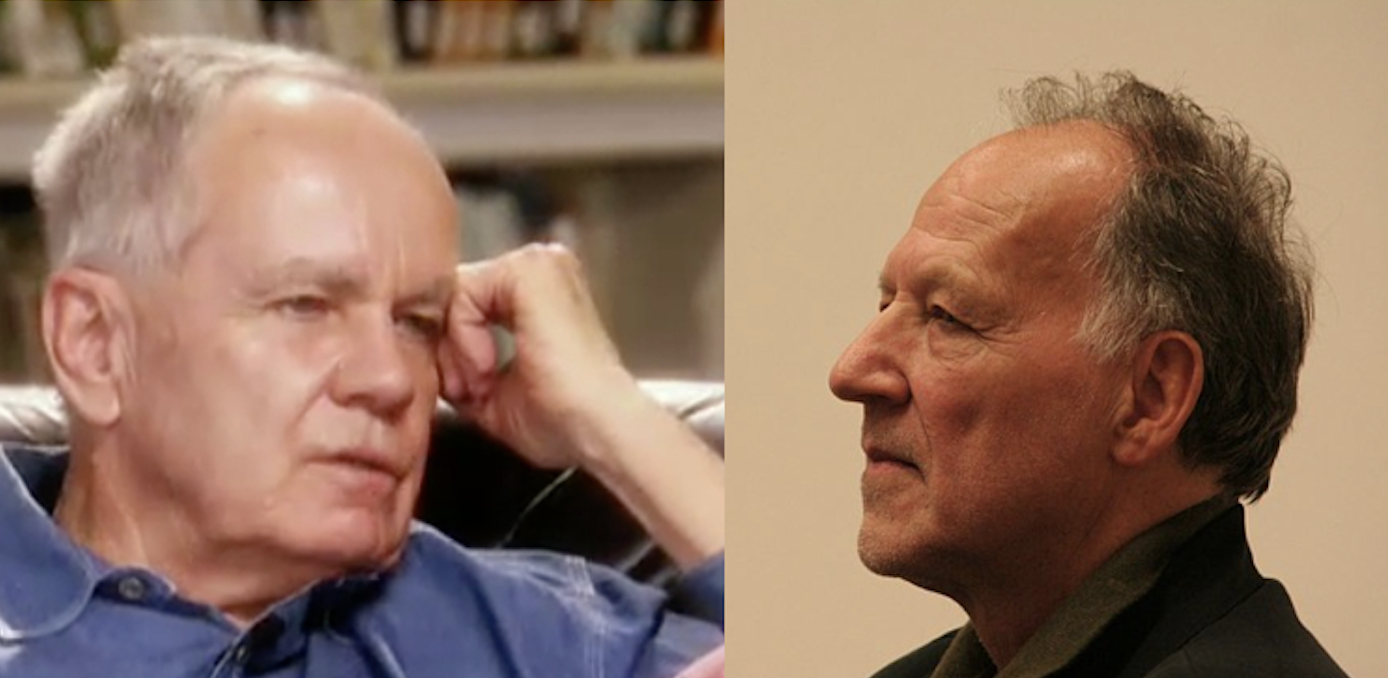This Harvard-produced video has gone viral, and then some, having clocked more than 3,000,000 views. We’ve watched the pendulum balls swirl, moving almost impossibly from pattern to pattern, and we’ve remained dazzled all along. But the mechanics behind this choreographed action haven’t really been brought to the fore. So let’s turn to Harvard’s web site to understand how this kinetic art works:
The period of one complete cycle of the dance is 60 seconds. The length of the longest pendulum has been adjusted so that it executes 51 oscillations in this 60 second period. The length of each successive shorter pendulum is carefully adjusted so that it executes one additional oscillation in this period. Thus, the 15th pendulum (shortest) undergoes 65 oscillations. When all 15 pendulums are started together, they quickly fall out of sync—their relative phases continuously change because of their different periods of oscillation. However, after 60 seconds they will all have executed an integral number of oscillations and be back in sync again at that instant, ready to repeat the dance.
We’re adding this clip to our collection of 125 Great Science Videos. You’ll also find a good number of Physics courses in our big collection of Free Online Courses.


